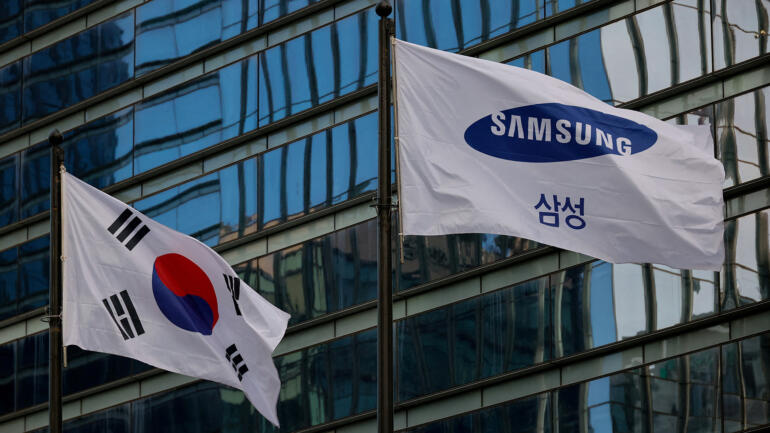The Biden administration will provide South Korea’s Samsung Electronics billions to develop a semiconductor chip plant in the U.S. state of Texas. The U.S. will reportedly provide $6.4 billion in direct funding from the CHIPS and Science Act signed into law in 2022.
Samsung said it will invest $40 billion in the project in the new plant in Taylor, Texas, a neighboring city to Austin, with plans to expand a factory in Austin.
The White House expects the new plant to create 17,000 construction jobs and more than 4,500 manufacturing jobs. However, it won’t be fully operational until the end of the decade.
Since signing the CHIPS Act, which allocated $52 billion in boosting internal semiconductor research, development, and production industry, the U.S. has awarded Intel, TSMC, and BAE Systems billions in U.S. investment projects.
Before the passing of the CHIPS Act, the White House said that the U.S. only produced about 10% of the global production of semiconductors, compared to the 75% produced in East Asian countries. The COVID-19 pandemic and the subsequent global supply chain disruption influenced access to technology.
CHIPS Act and the Biden administration
The U.S. Commerce Department Secretary Gina Raimondo told CNBC that it was on track to spending the $39 billion in grant money allocated under the CHIPS Act.
“I expect all of the money in the CHIPS Act will be allocated by the end of this year,” Raimondo said.
The Biden administration is banking on these investments and a stable economy as he heads into a close presidential election in November.
Manufacturing jobs are still lagging in the U.S., despite the bounce back in construction and heavy industry sectors.
Analysts also say the U.S. doesn’t have enough workers to meet the expected semiconductor demands. Between 90,000 to 100,000 technicians are needed by 2030, but could face a 300,000 shortage of engineers by the end of the decade, according to consulting firm McKinsey & Co.
 CGTN America
CGTN America









